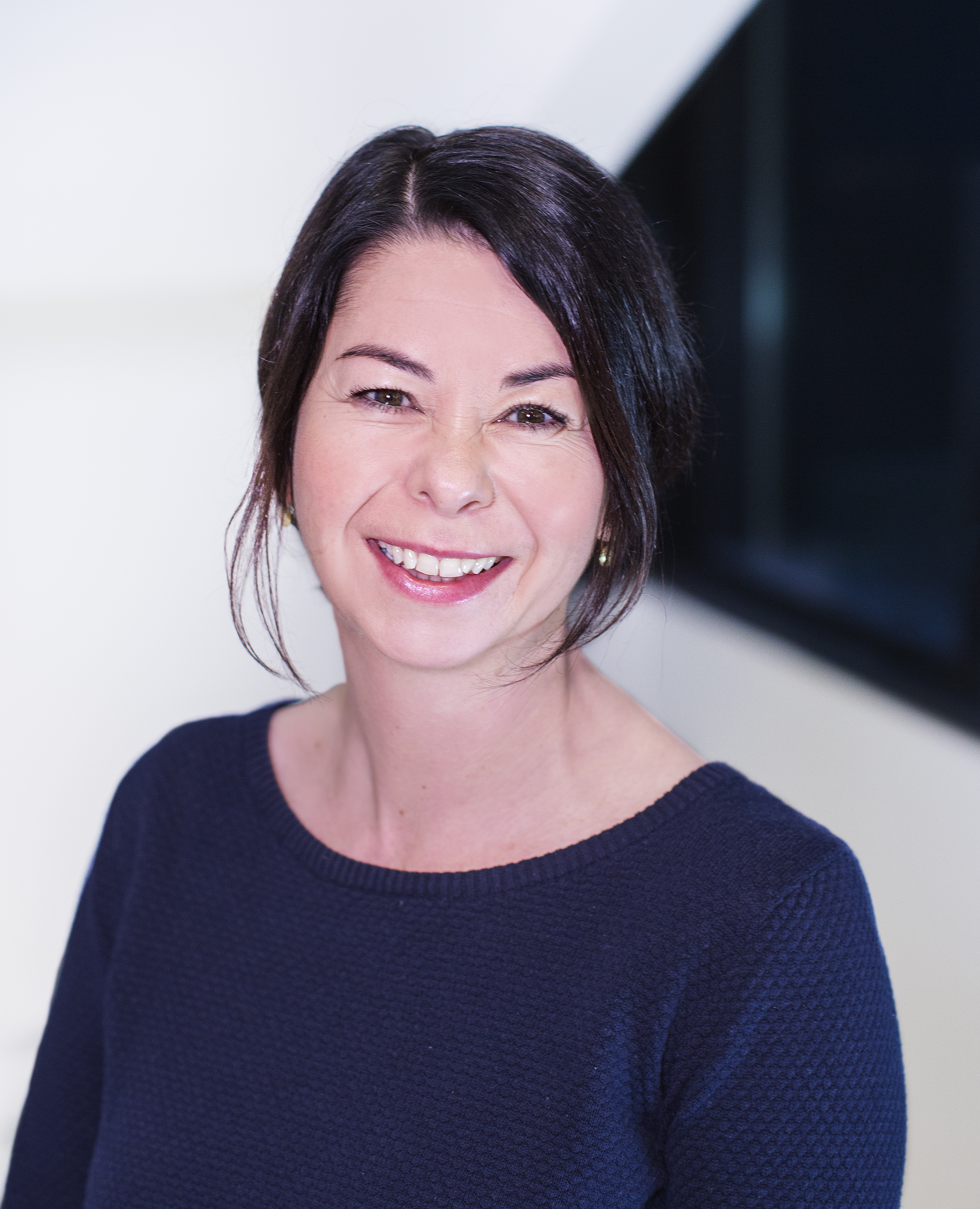A new research projects aims to develop new measures for middle school students who struggle with reading. To successfully reach this goal, collaboration with schools and teachers in the project development phase is essential.

A priority for Synapse Lab is that the interventions evaluated in large randomized controlled trials have undergone a thorough development process. The newly funded Engasjer («Engage»), a Research Council of Norway-funded innovation project, is an example of how such a development process can look like.
In collaboration with Bærum municipality, researchers at the Norwegian Reading Centre, UiS, will develop and pilot measures for middle school pupils who struggle with reading. In the longer term, the aim is to investigate the effect of these measures in a randomized controlled trial.
In the project, schools and researchers will develop a digital portal where teachers can gain research-based knowledge of reading difficulties and measures, and a specific teaching program adapted to pupils who struggle with reading. The researchers will work closely with experienced teachers in Bærum to ensure that the measures being developed will be adapted to the needs of Norwegian teachers, and that they and feasible to conduct in Norwegian classrooms.

A vulnerable group of pupils
In the Norwegian school system, the goal is that all pupils should successfully have completed the first reading instruction by the end of primary school. However, too many pupils still struggle with reading when they enter middle school. National tests in reading reveal that over 20 percent of fifth graders score at the lowest proficiency level. At the same time, an alarmingly high rate of teachers report that they are not taking action for these pupils.
Middle school pupils who struggle with reading is a vulnerable group of pupils who in many ways have been ignored over the last years, says Professor and Engasjer project leader Oddny Judith Solheim at the Norwegian Reading Centre.
“The focus has mainly been on early reading instruction in primary school. While there is no doubt that early intervention is paramount, there will always be older pupils who still struggle. We need to learn more about how schools can help these pupils to develop sufficient reading skills and maintain their motivation for learning. This is imperative for their future opportunities in school, education and work,” she says.
Motivation and skills
Engaged reading is crucial for learning, and a key aspect of the project, Solheim explains.
«Middle school is a critical phase for the pupils. Those who still struggle with reading often have serious and complex challenges. Many have had negative experiences related to school and reading, and have little faith in their own mastery. At the same time, when it comes to learning, middle school is more demanding than primary school. This leads to the pupils being at risk of losing motivation and engagement, and there is an increased risk of them falling behind. It is therefore of the essence that schools emphasise working on both skills and self-belief when it comes to these pupils.»
Emphasis will also be placed on listening to students' own experiences and opinions, she says.
«When measures have been developed for struggling readers, the pupils’ own voices have traditionally not been prominent. We need to learn more about how the pupils experience the measures they recieve. We want to listen to their experiences in the development phase of the project, and we will investigate the level of engagement when we pilot the teaching program.»
Many struggling readers in middle school
«Many fourth and fifth grade pupils struggle with reading, but we know too little on how to best help them. When researchers at the Norwegian Reading Centre asked if we in Bærum wanted to participate in gaining more knowledge on helping these pupils, we said yes immediately,» says Kari Kolbjørnsen Bjerke, unit head of the primary school department in Bærum municipality.
According to Bjerke, teachers and schools need more knowledge about this group of students.
«Our commitment is to give support to all pupils. However, we know too little about what to do when pupils show signs of falling behind in middle school. There are a number of various reading courses and suggested measures out there, but we have too little knowledge of what actually has an effect. If we are to fulfil our mission, we need to have research-based knowledge of what can actually work,» she says.
«Schools need to open up to researchers»
The schools in Bærum have also previously cooperated with the Reading Centre. One of the projects the municipality has been involved in is On Track, which aims to reduce the amount of first grade pupils who develop reading and writing difficulties. Bjerke says she is looking forward to starting a new partnership with the University of Stavanger education researchers .
«The Reading Centre is known for their research based approaches, and for being informed about Norwegian and international research. Our experience is that they also have insight into the practical reality of schools, and that they will be a supportive project partner.»
Partnerships and cooperation between schools and researchers are necessary for developing Norwegian schools, Bjerke thinks.
«Our schools need a research informed practice. As school owners, we need to provide researchers access to the classrooms. This is important for everybody concerned: Scholars need arenas to conduct research, schools and teachers need research based knowledge if we are to fulfill our mission, and last but not least, this is important for the pupils.»
By Elisabeth Rongved, communications adviser, UiS
